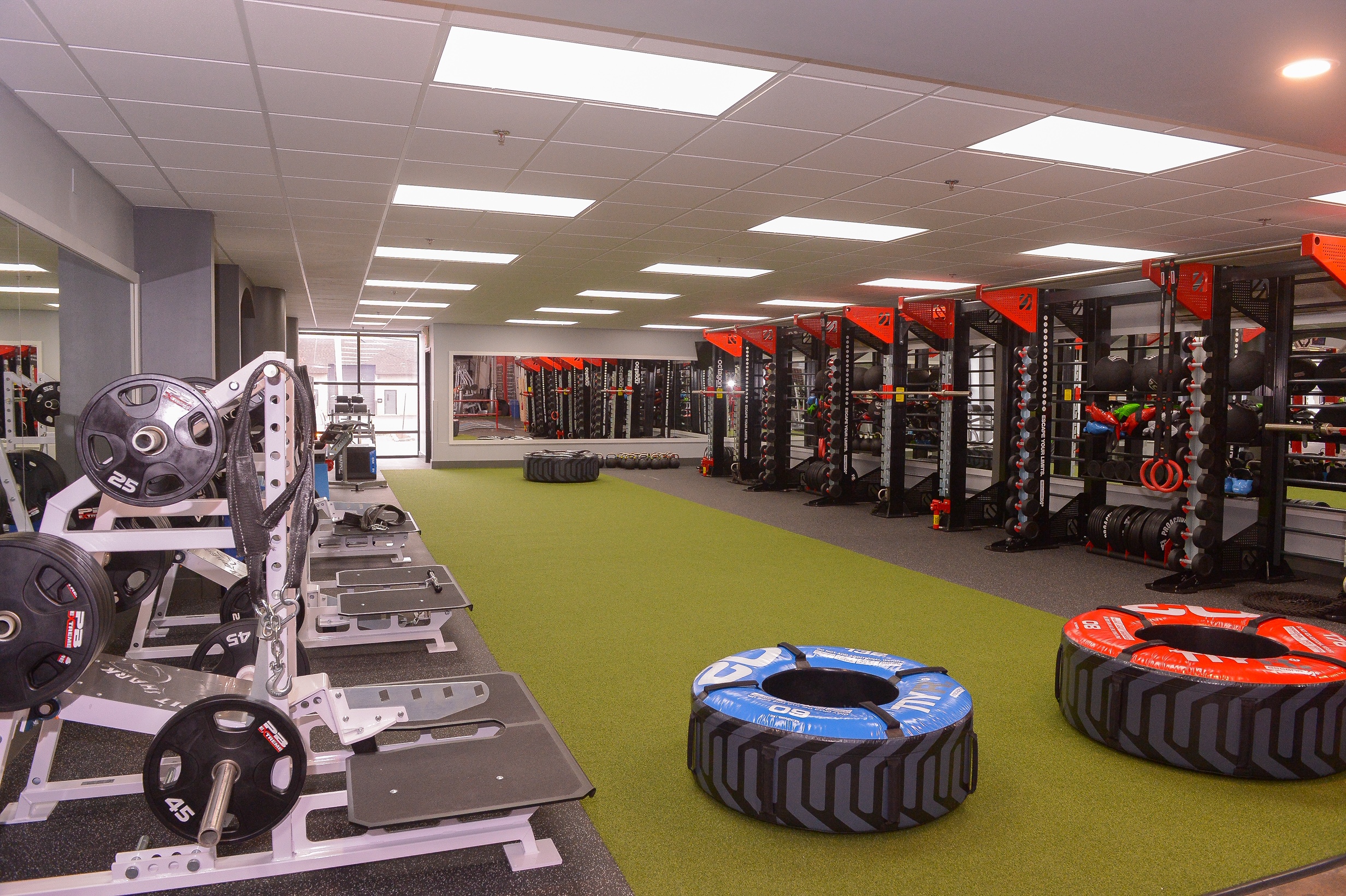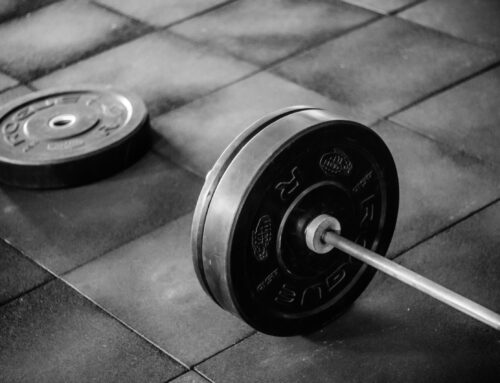With the Paris 2024 Olympics officially underway, the global public has the special chance to witness historic athletic feats spanning countless sports and events – some newer and more niche than others. Along the way, there will undoubtedly be much conversation surrounding ongoing and upcoming competition, but each Olympiad also raises an important question, one often best summarized by my wife as we watch certain events: “This is in the Olympics, but powerlifting isn’t?”
It’s a valid sentiment; how does one sport become an Olympic event in favor of another? Many worthy sports are currently awaiting their chance to see the global stage – one being the rapidly rising HYROX competition. HYROX has bigger aspirations than becoming a mere fitness competition brand; it hopes to transcend that identity and become a full-fledged professional sports tradition, focusing instead on being a spiritual counterpart to events like the marathon and triathlon. In this sense, the competition has the potential to become an Olympic sport in the future, but there are several key factors to consider as its growing popularity increases its chances.
Becoming an Olympic sport is a complex process with many steps. First, a sport must gain official recognition from the International Olympic Committee (IOC), which entails administration by an international non-government organization overseeing at least one sport.
From here, consideration moves to the sport’s affiliated International Sports Federation (IF), a body that collaborates with the sport’s administrative international organization to facilitate out-of-competition testing and enforce the World Anti-Doping Code. During this process, the sport must also remain compliant with rules set by the Olympic Charter.
However, even if a sport completes these steps, it is still not necessarily an Olympic sport. For instance, bowling, chess, and other IOC-recognized events have yet to achieve this honor. To complete the Olympic process, sport representatives must also apply for admittance via petitioning to establish the sport’s eligibility criteria. If accepted, the sport may gain designation as one of three Olympic competition types: sport, discipline, or event.
These rules can vary, depending on the sport and organizational bodies in question, but most recently admitted events followed such a process in carving their Olympic niche.
For the HYROX community, time will tell if their sport’s high-intensity, multi-faceted format will earn a spot in future Olympic Games, but its expanding popularity will undoubtedly keep the event positioned for consideration, assuming it takes the necessary measures to remain in contention. Keep an eye on this “World Series of Fitness Racing” as the IOC weighs new athletic prospects to captivate its global audience.





